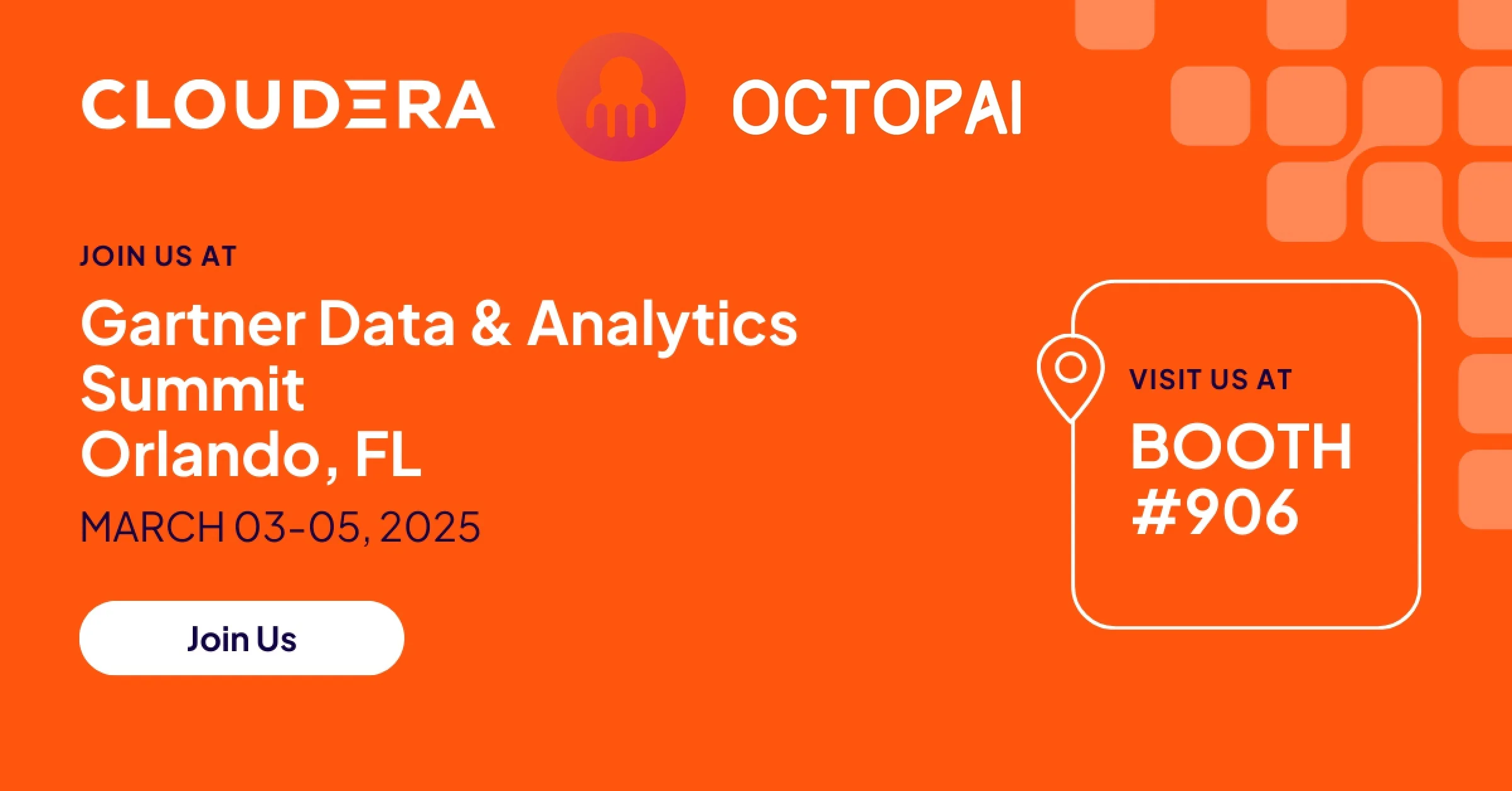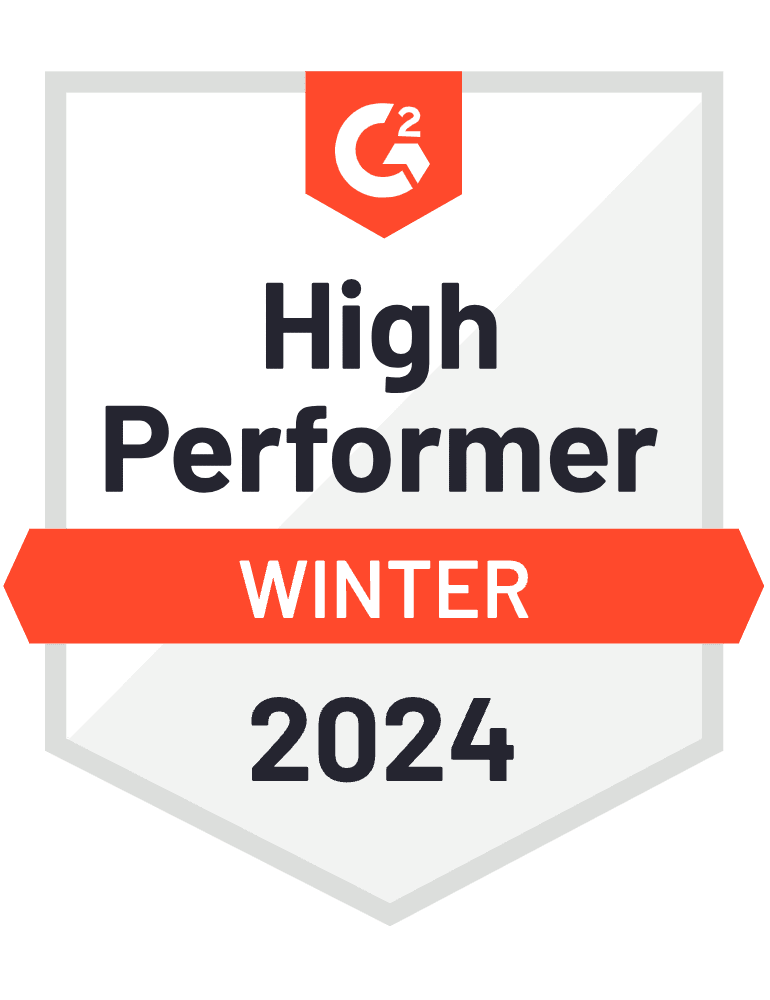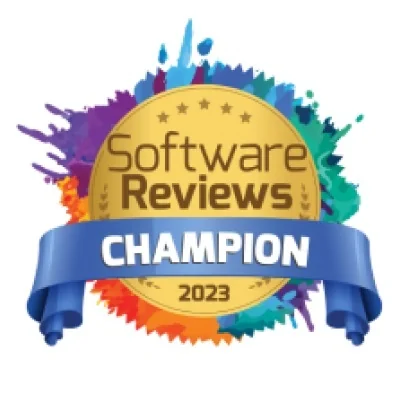Data flow lineage is crucial for anyone handling data within organizations. Just as a navigation app provides a detailed map of roads, guiding you from your starting point to your destination while highlighting every turn and intersection, data flow lineage offers a comprehensive view of data movement and transformations throughout its lifecycle.
In essence, data flow lineage is indispensable for ensuring transparency, maintaining data quality, achieving compliance, enabling efficient troubleshooting, conducting impact analysis, and enhancing collaboration within organizations. It guides data professionals through the complexities of data management, much like a reliable navigation app guides drivers through the complexities of road travel.
Pros and Cons
As a global leader in automated data flow lineage, Octopai brings extensive experience to the deepest levels of data management. Octopai offers three comprehensive layers of lineage, providing the most detailed end-to-end column-level lineage available. By reverse-engineering, parsing, and converting scripts, Octopai seamlessly connects all data points within and across organizational systems.
While open-source tools such as Apache Atlas, Open Metadata, Egeria, Spline, and OpenLineage offer valuable capabilities, they come with their own sets of pros and cons.
Pros:
- Cost-Effective: Open-source tools are free to use, reducing software costs.
- Customizable: They offer flexibility for customization to meet specific organizational needs.
- Community Support: Many open-source tools have active communities that contribute to improvements and provide support.
Cons:
- Complex Setup: They often require significant setup and maintenance efforts.
- Resource Intensive: Organizations need skilled personnel to manage and customize these tools.
- Limited Features: Compared to commercial solutions, open-source tools might lack advanced features and integrations.
Open Source Data Lineage Tools
1. Open Metadata
OpenMetadata is an open-source data catalog and metadata management platform designed to help organizations manage their data assets efficiently. It provides a centralized repository for metadata, making it easier to discover, understand, and govern data across various data sources. OpenMetadata supports features like automated metadata ingestion, data lineage tracking, collaboration, and compliance, helping teams maintain data quality and enabling better decision-making through enhanced data visibility and accessibility.
- Key Features: Data discovery, lineage visualization, metadata management.
- Pros: Supports various data sources, growing community support. Column-level lineage.
- Cons: Requires customization for specific needs, ongoing maintenance.
2. Spline
Spline is an open-source data lineage tracking and visualization tool developed by AbsaOSS. It helps organizations to capture, visualize, and track data lineage for Apache Spark applications. By integrating Spline into your data processing pipelines, you can gain insights into the flow of data, understand data transformations, and ensure data quality and compliance. The tool provides a detailed and interactive UI for exploring data lineage graphs, making it easier to debug and optimize data workflows.
- Key Features: Lineage tracking, data visualization, real-time monitoring.
- Pros: Lightweight, easy to integrate with Spark, real-time capabilities.
- Cons: Limited to data processing frameworks like Spark, less feature-rich for broader metadata management.
3. OpenLineage
OpenLineage is an open-source project designed to provide a framework for data lineage tracking. It enables organizations to understand the flow of data through their systems by capturing metadata about data processes, facilitating transparency, compliance, and improved data management. OpenLineage integrates with various data processing tools, offering a standardized approach to track and visualize data dependencies, transformations, and pipelines.
- Key Features: Standardized metadata model, integration with various data tools, real-time lineage tracking.
- Pros: Open standards, strong community support, extensibility.
- Cons: Requires integration effort, still evolving with ongoing community development.
4. Egeria
Egeria is an open-source project that provides a standardized framework for managing and exchanging metadata across different systems and platforms. It aims to facilitate data governance and ensure that metadata is consistently and accurately maintained, enabling organizations to better understand, manage, and utilize their data assets. Egeria supports collaboration and integration between various data tools and environments, promoting transparency, trust, and improved decision-making.
- Key Features: Comprehensive metadata management, data lineage, governance capabilities. Based on OpenLineage standard for lineage.
- Pros: Strong community support, highly extensible.
- Cons: Requires significant setup and configuration, may need customization. New in the market, still evolving.
5. Apache Atlas
Apache Atlas is a scalable and extensible open-source metadata management and data governance system for enterprises. It allows organizations to catalog, classify, and manage their data assets, providing capabilities for data lineage, discovery, and auditing. With its rich set of REST APIs, Apache Atlas integrates seamlessly with various data processing tools, enabling comprehensive data governance across the enterprise.
- Key Features: Metadata management, lineage tracking and visualization, data classification, search and discovery.
- Pros: Strong integration with the Hadoop ecosystem. Predefined type for various data sources. Used as the core engine for Microsoft Azure Purview.
- Cons: Requires significant setup and maintenance, steep learning curve.
Some more to think about
Automation
Octopai stands out with its automated data lineage. While open-source tools offer strong lineage capabilities, they often require manual setup and configuration. Octopai’s automation reduces the time and effort needed for data management.
Ease of Use
Octopai provides an intuitive user interface and seamless integration with various data sources, making it easier to implement and use compared to open-source tools that often require extensive setup and customization.
Comprehensive Features
Octopai’s all-in-one solution for data lineage, discovery, and cataloging surpasses the segmented capabilities of many open-source tools. Its AI-driven features add an extra layer of efficiency.
Industry Applications
Octopai’s robust features make it suitable for industries requiring stringent data compliance and accuracy, such as finance, healthcare, and insurance. Open-source tools, while versatile, might need additional customization to meet specific industry requirements.
Conclusion
While open-source data lineage tools like Apache Atlas, Open Metadata, Egeria, Spline, and OpenLineage offer valuable capabilities, Octopai provides a more automated, user-friendly, and comprehensive solution. Its advanced features and AI capabilities make it an ideal choice for organizations looking to streamline their data management processes. Additionally, the implementation of open-source tools often takes longer and requires more resources due to the need for extensive customization and setup.
For more information, Contact Us.






